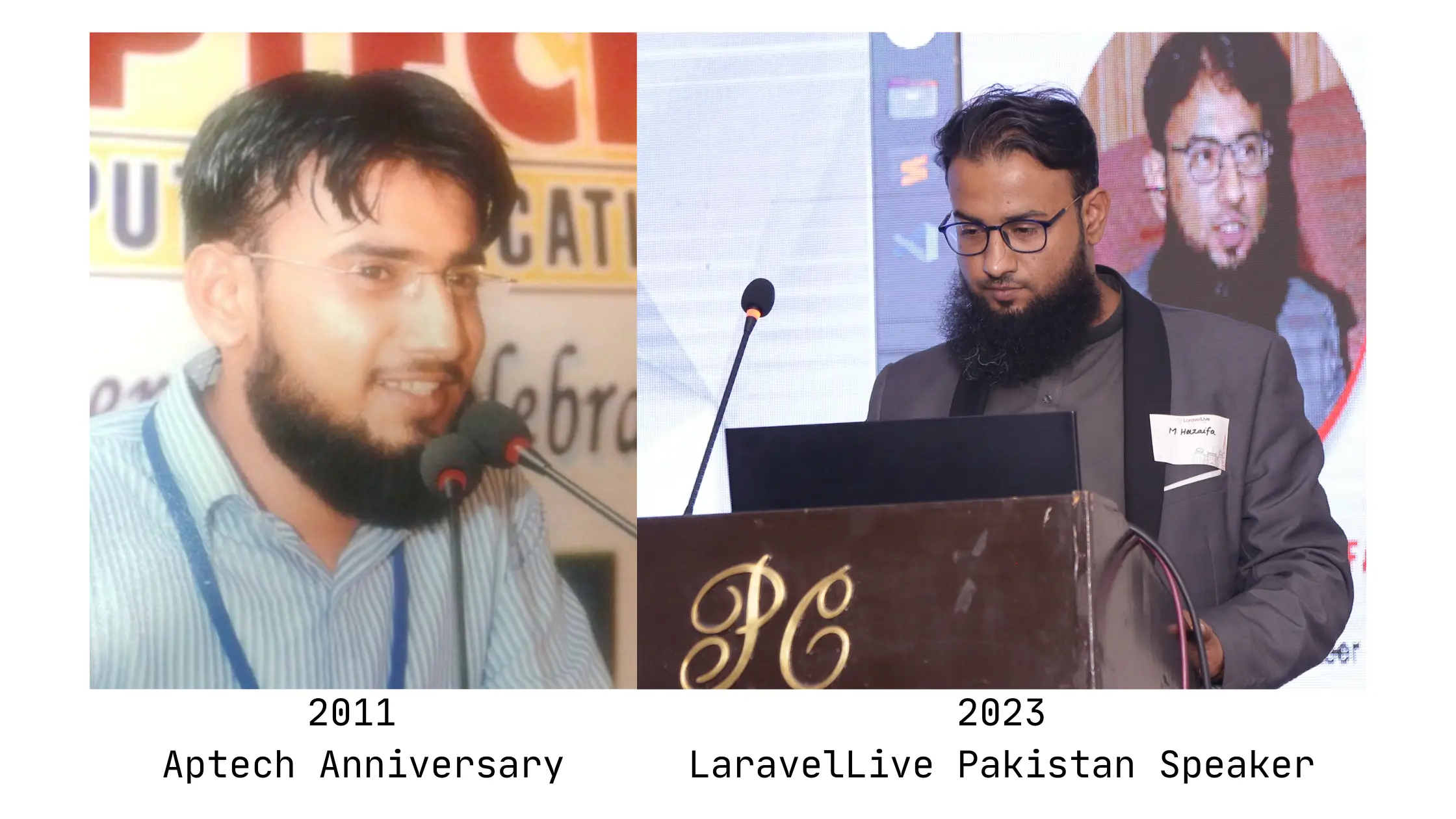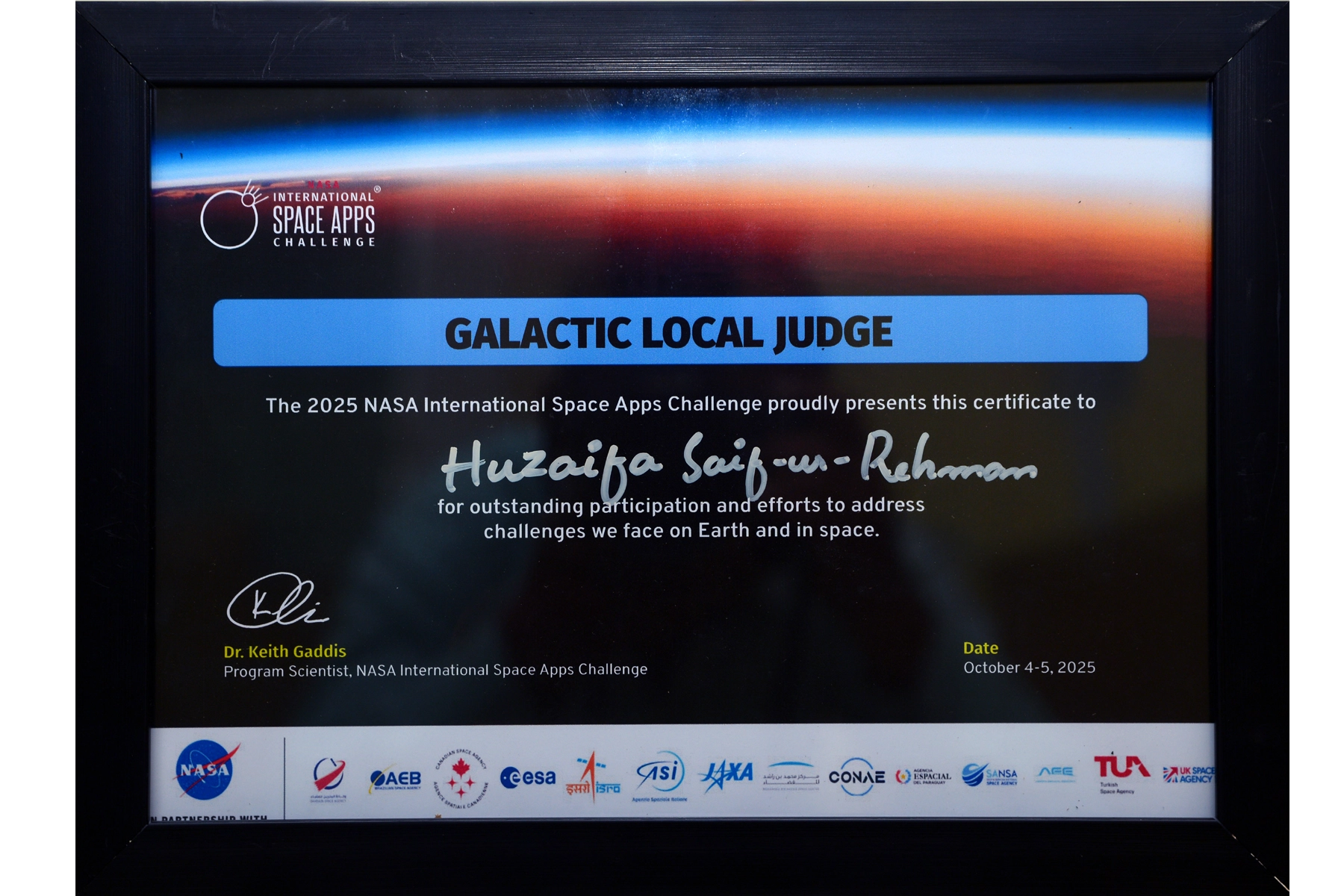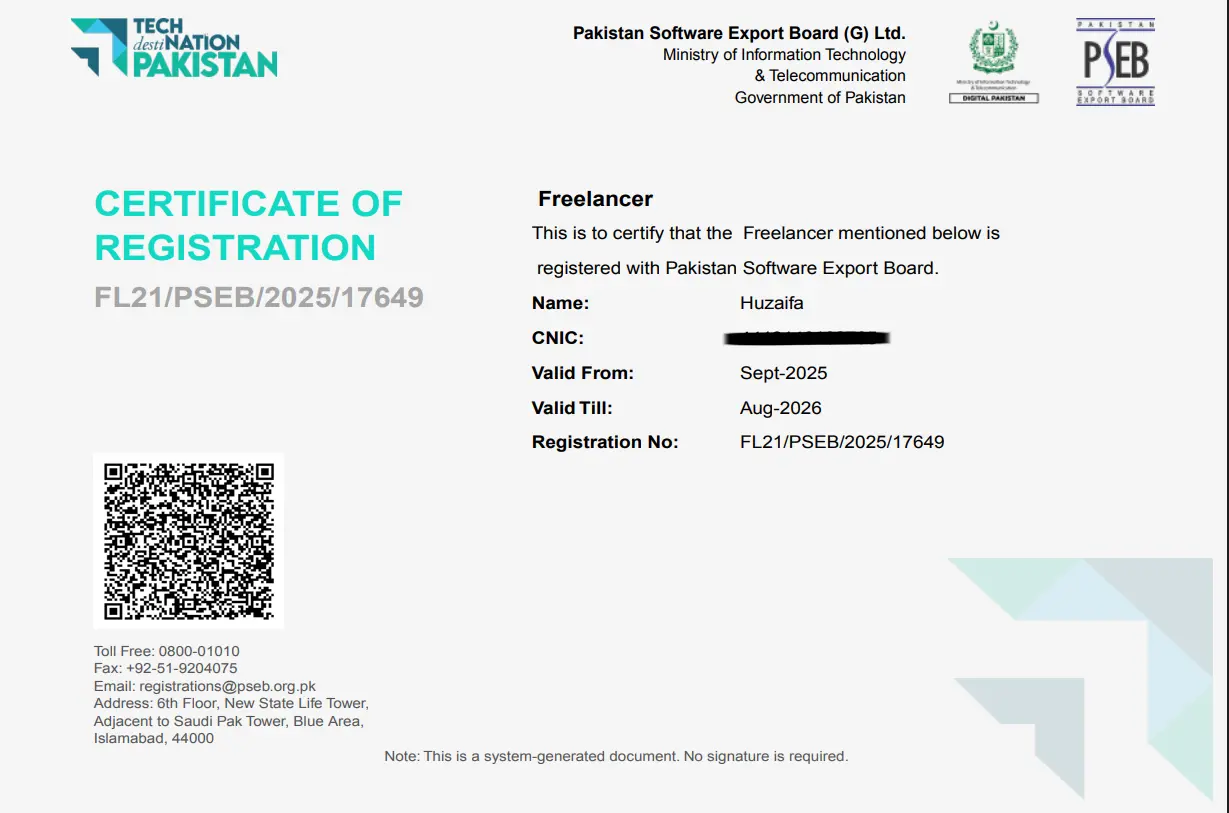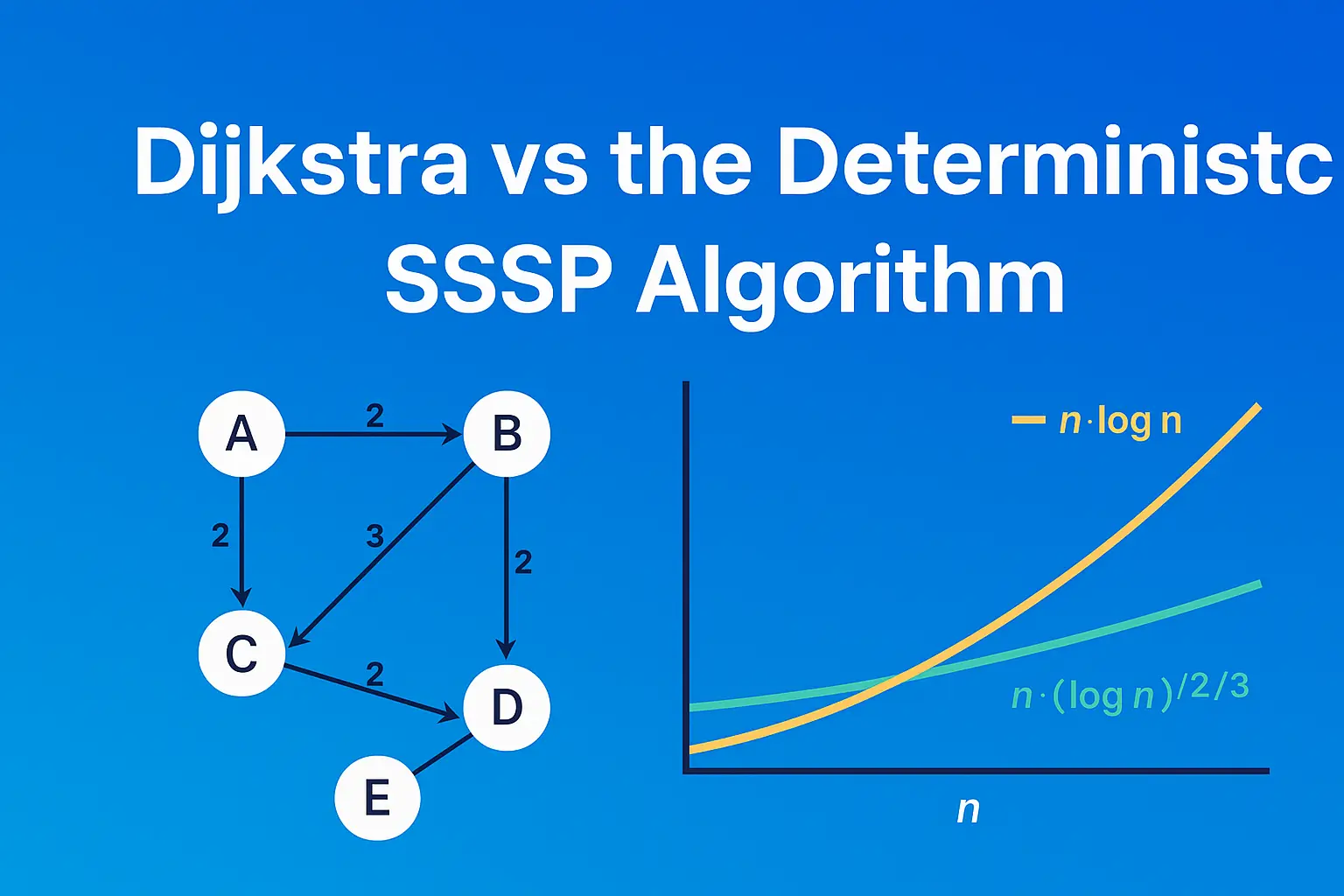14 Years In Tech – A Journey Of Curiosity, Craft, And Commitment
Last updated on

14 Years In Tech – A Journey of Curiosity, Craft, and Commitment
This July marks 14 years since I wrote my first line of production code professionally — for a WordPress project. But the spark started long before that. Somewhere between 2002 and 2004, curiosity took root. It became something deeper in 2011, when I wrote my first “Hello World” in C. That simple line opened the doors to a journey that’s been nothing short of transformative — full of challenges, constant learning, and the chance to build, lead, and contribute meaningfully to the tech community.
Over the years, I’ve worn many hats — from an ordinary student to a Chief Architect. I’ve worked with global teams, solved real business problems, mentored developers, and explored technologies that weren’t even on the radar when I first started. Whether it was integrating SAP with HubSpot, architecting multi-tenant SaaS platforms, contributing to open-source tools like Laravel Telescope Guzzle Watcher, or experimenting with LLMs like Ollama, my approach has remained simple: build with purpose, stay grounded, and grow with people.
But this milestone isn’t just about the number of years. It’s about the journey — the systems I’ve helped shape, the incredible people I’ve worked with, the late nights chasing obscure bugs, and the quiet moments of pride when something just clicks and works.
If there’s one piece of advice I could give to someone starting out: learn to learn. Stay humble, and focus on understanding problems deeply before rushing into solutions.
One thing I’ve noticed lately — and I say this with some concern — is how easily we get caught up in tech trends. “This language is dying,” “That tool is obsolete,” “AI is replacing X.” When I chose PHP as my primary domain, I saw those headlines too. Then came Node.js, and the same culture followed.
Here’s what I’ve learned: tools change, but fundamentals don’t. Strengthen your foundation in computer science. Learn how programs are built and run. Writing a C program teaches you things that apply to everything else. Master the basics, read the docs, build things yourself, and practice until it becomes muscle memory.
I see many students today proudly build things using AI, but miss the essence of doing it themselves. Cognitive intelligence comes from your own knowledge and experience. AI — while powerful — is like a calculator. It should support your thinking, not replace it. I use LLMs myself, mostly for language and exploring ideas, but I still implement and build things manually — and that’s where real growth happens.
To everyone who’s been part of this journey — mentors, teammates, clients, friends, and even the tough critics — thank you. You've shaped who I am today.


